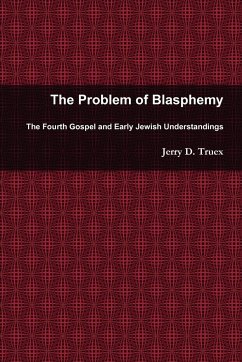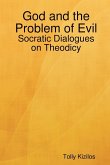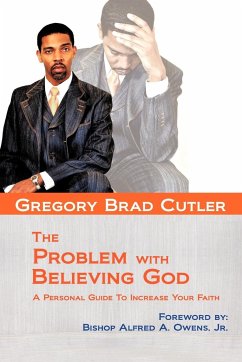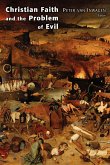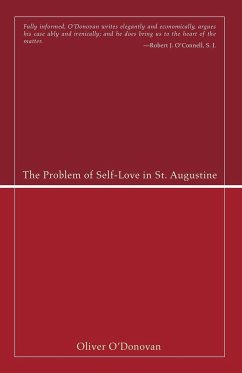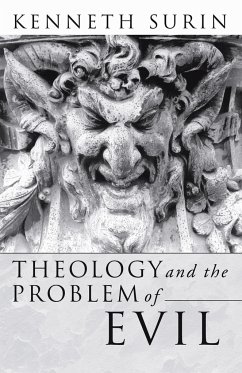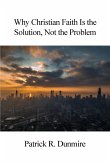This doctoral thesis provides evidence that during the later part of the first century, certain Jewish Christians, who produced and propagated the Fourth Gospel, were perceived to be blasphemous and therefore "cut off" (karet) from the synagogue as reflected in John 9:22, 12:42, and 16:2. This study reviews recent research on blasphemy, offers analysis based on hundreds of ancient Jewish texts, and examines seven Jewish traditions pertaining to blasphemy, including cursing God, naming The Name, and sinning with a high hand. A composite portrait of blasphemy is sketched and compared with the theological claims of the Fourth Gospel. Three theological claims of the Fourth Gospel stand out as potentially blasphemous: Jesus is equal with God, Jesus and the Johannine Community constitute the New Temple, and Judean religious leaders are not of God. The perception of blasphemy and the inability to tolerate it explains why some Jewish Christians could not remain in the synagogue.
Hinweis: Dieser Artikel kann nur an eine deutsche Lieferadresse ausgeliefert werden.
Hinweis: Dieser Artikel kann nur an eine deutsche Lieferadresse ausgeliefert werden.

